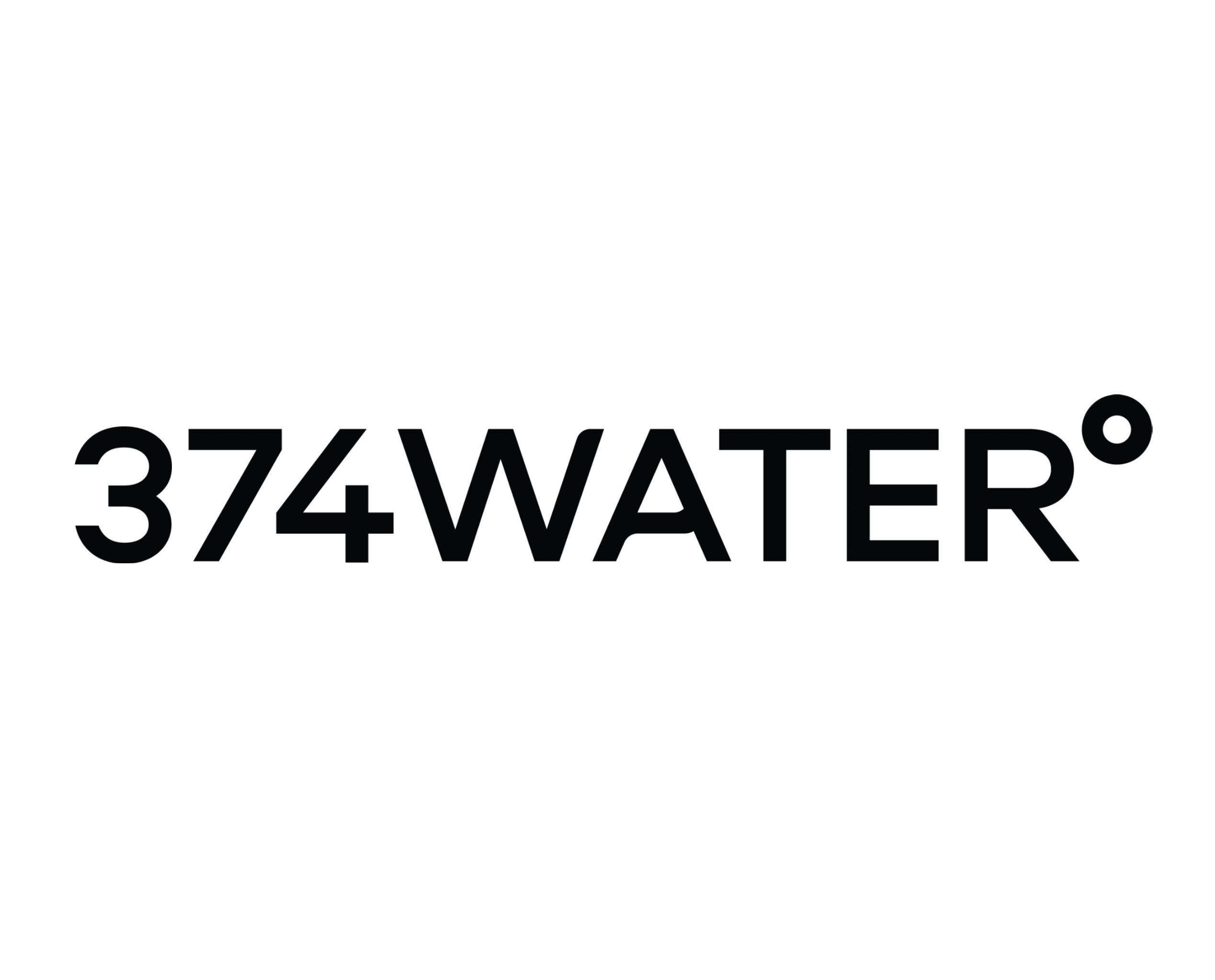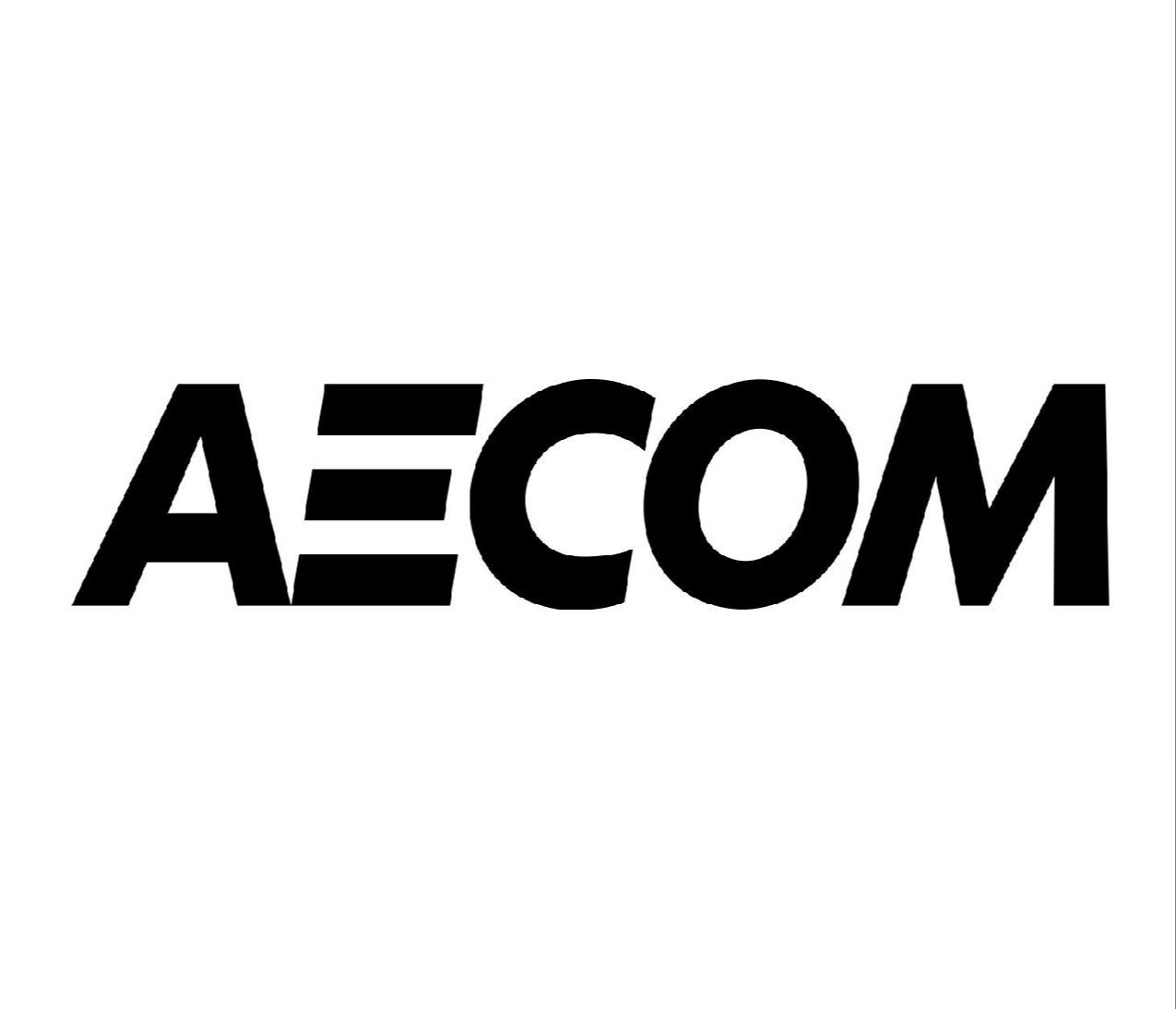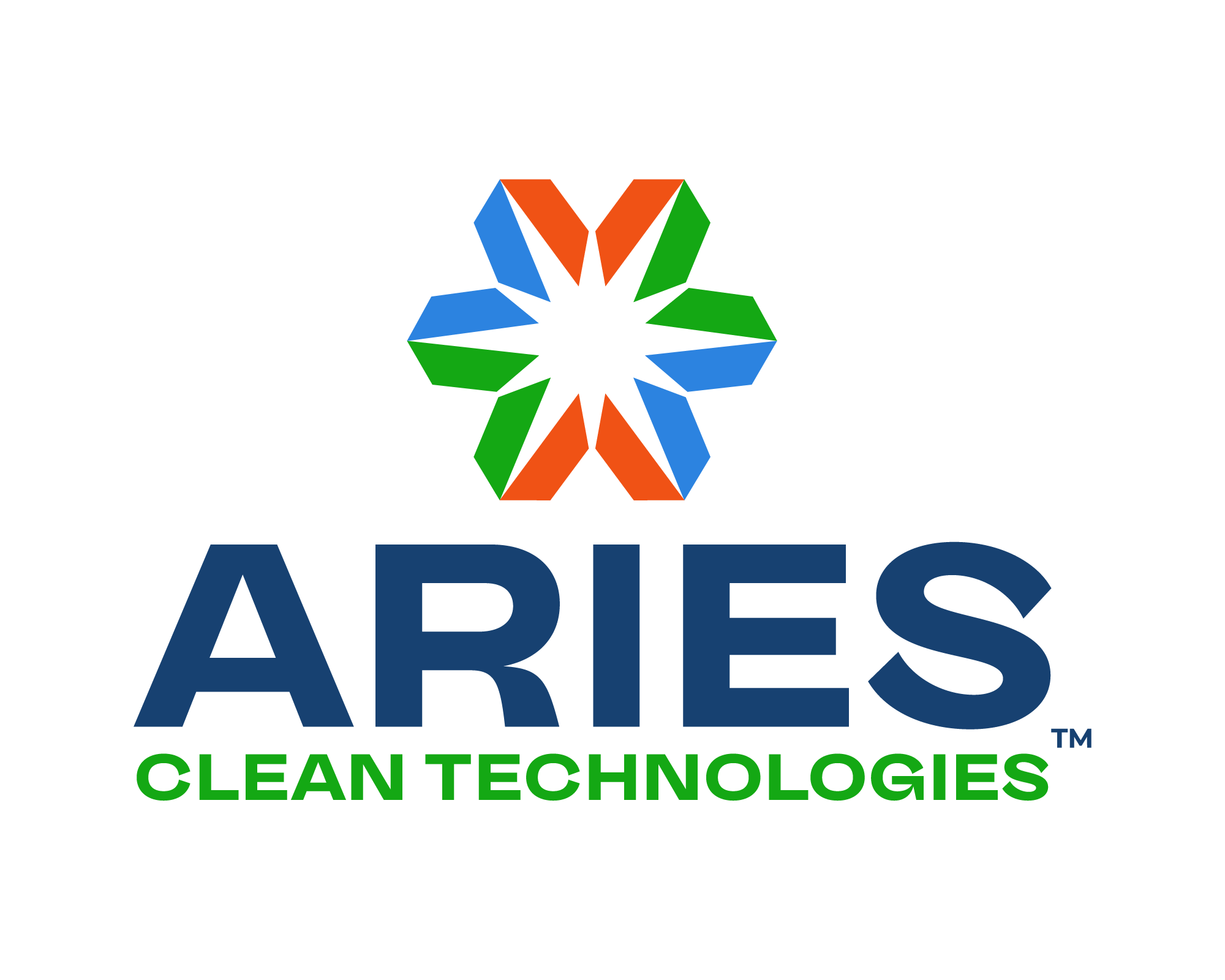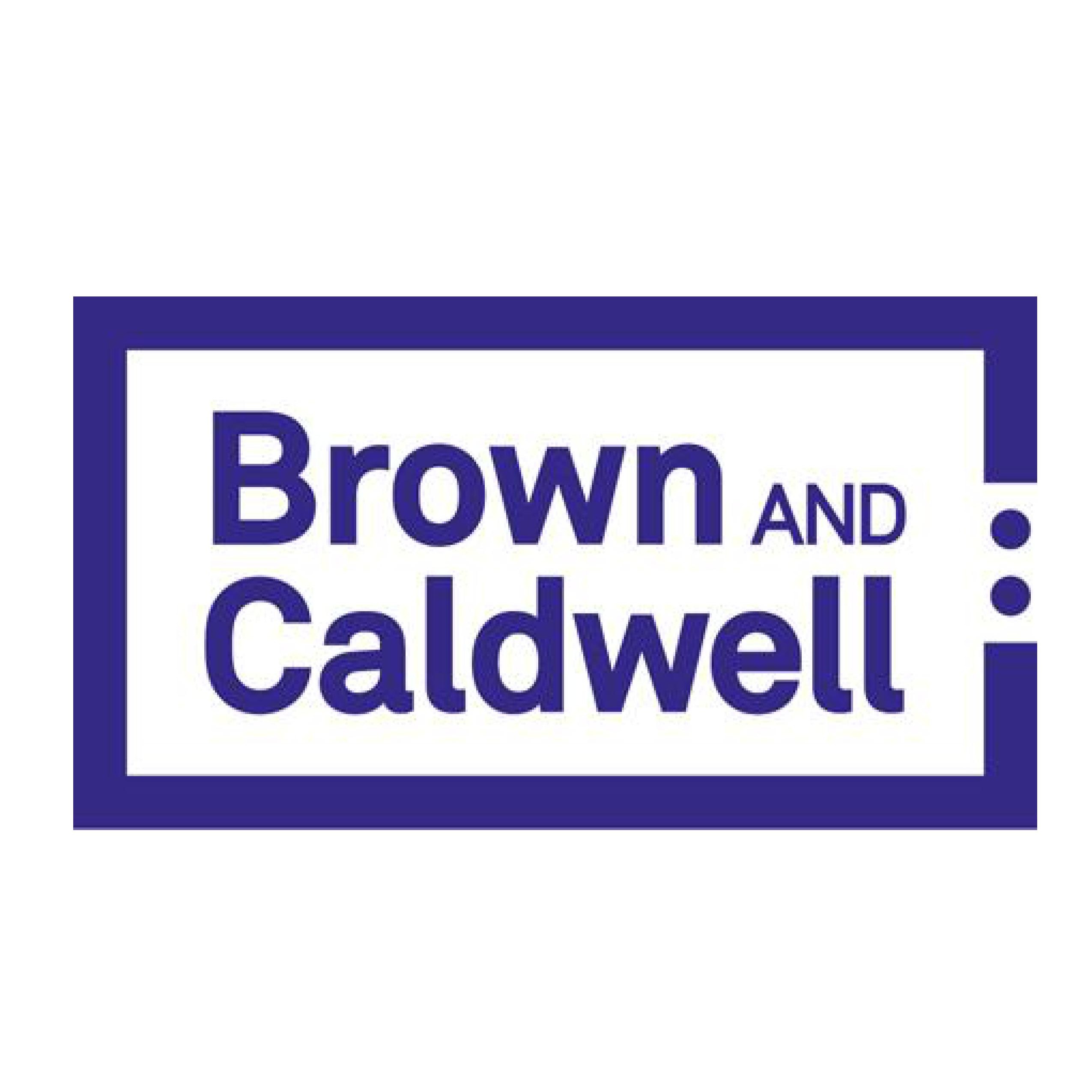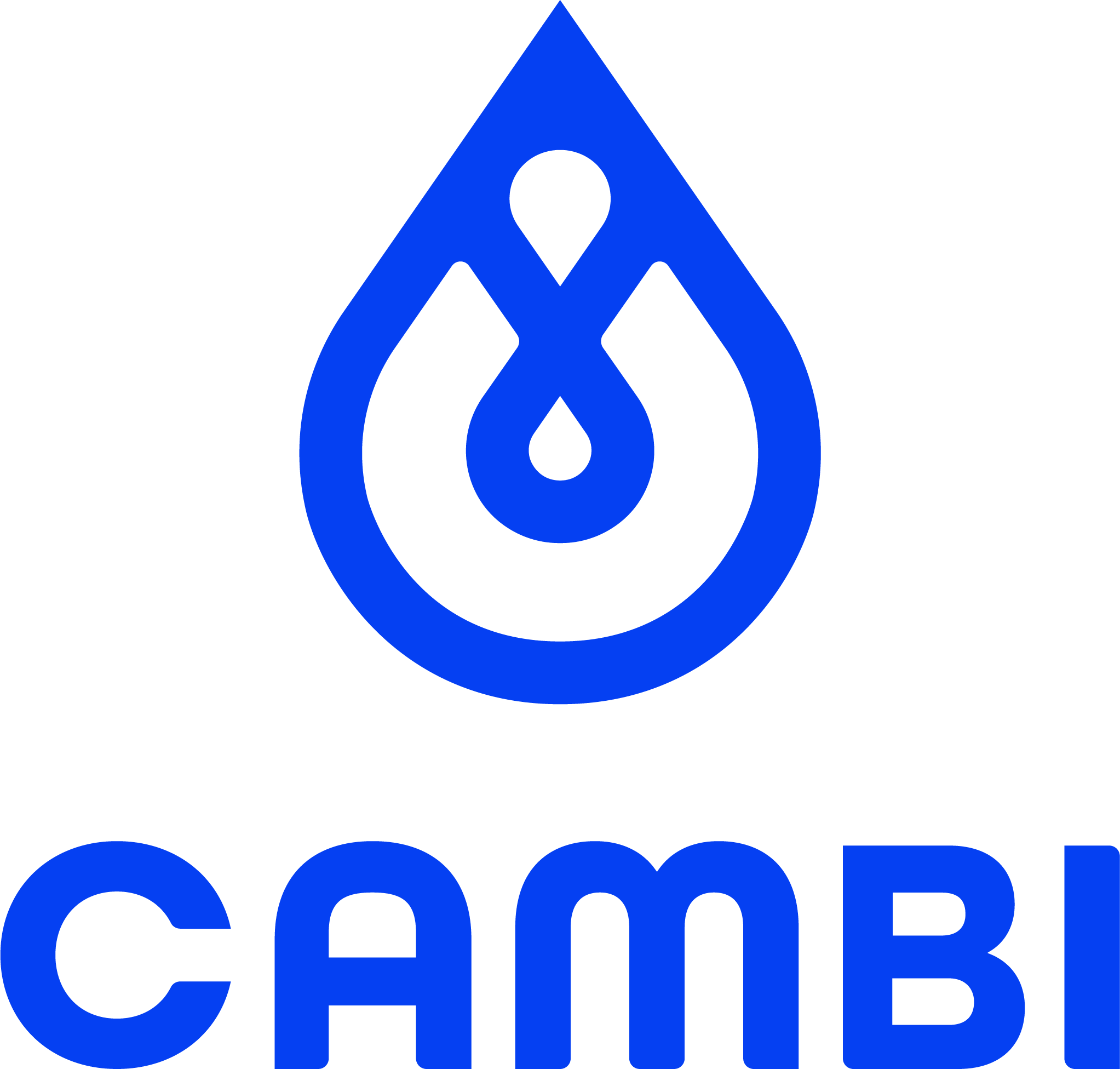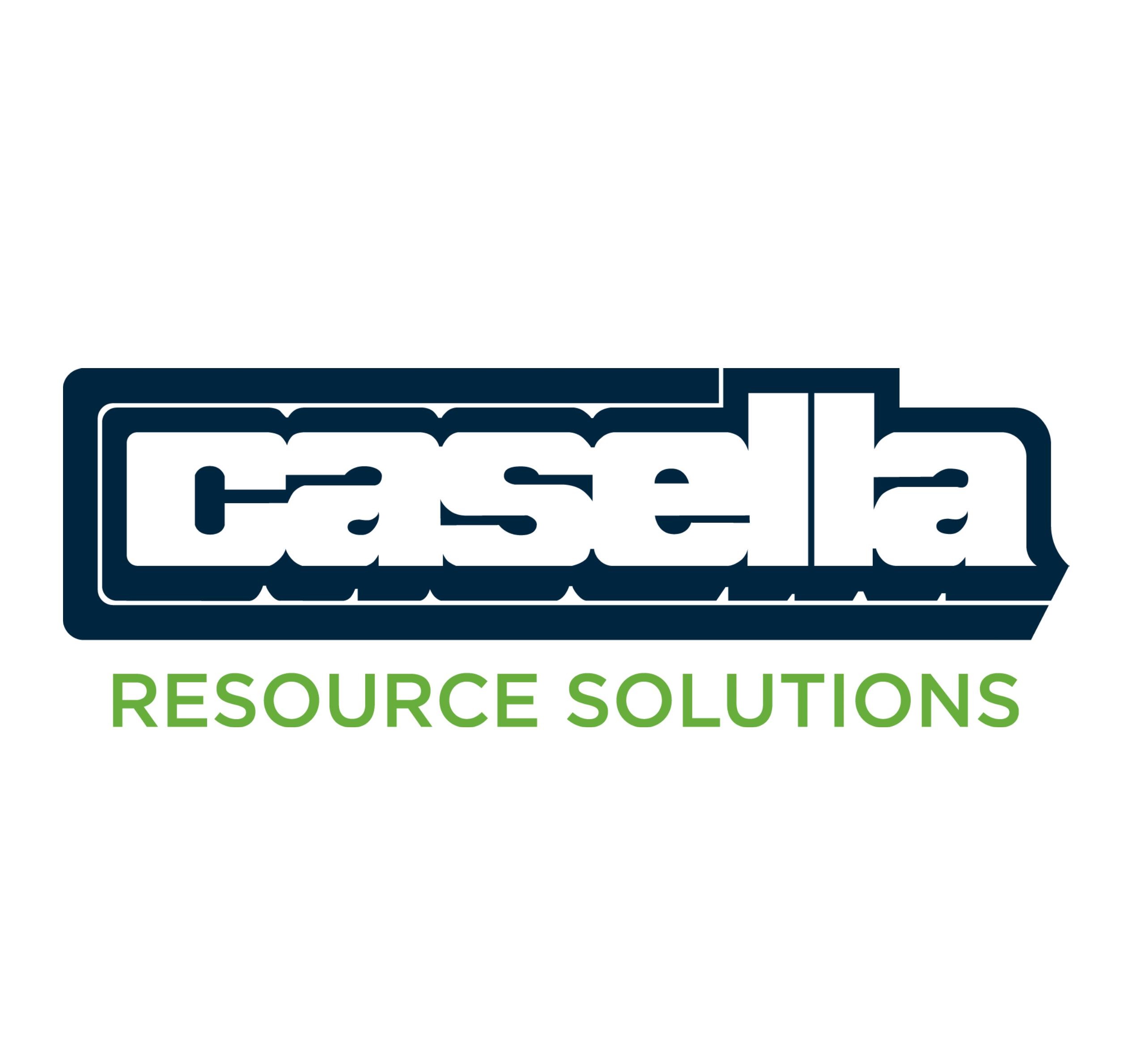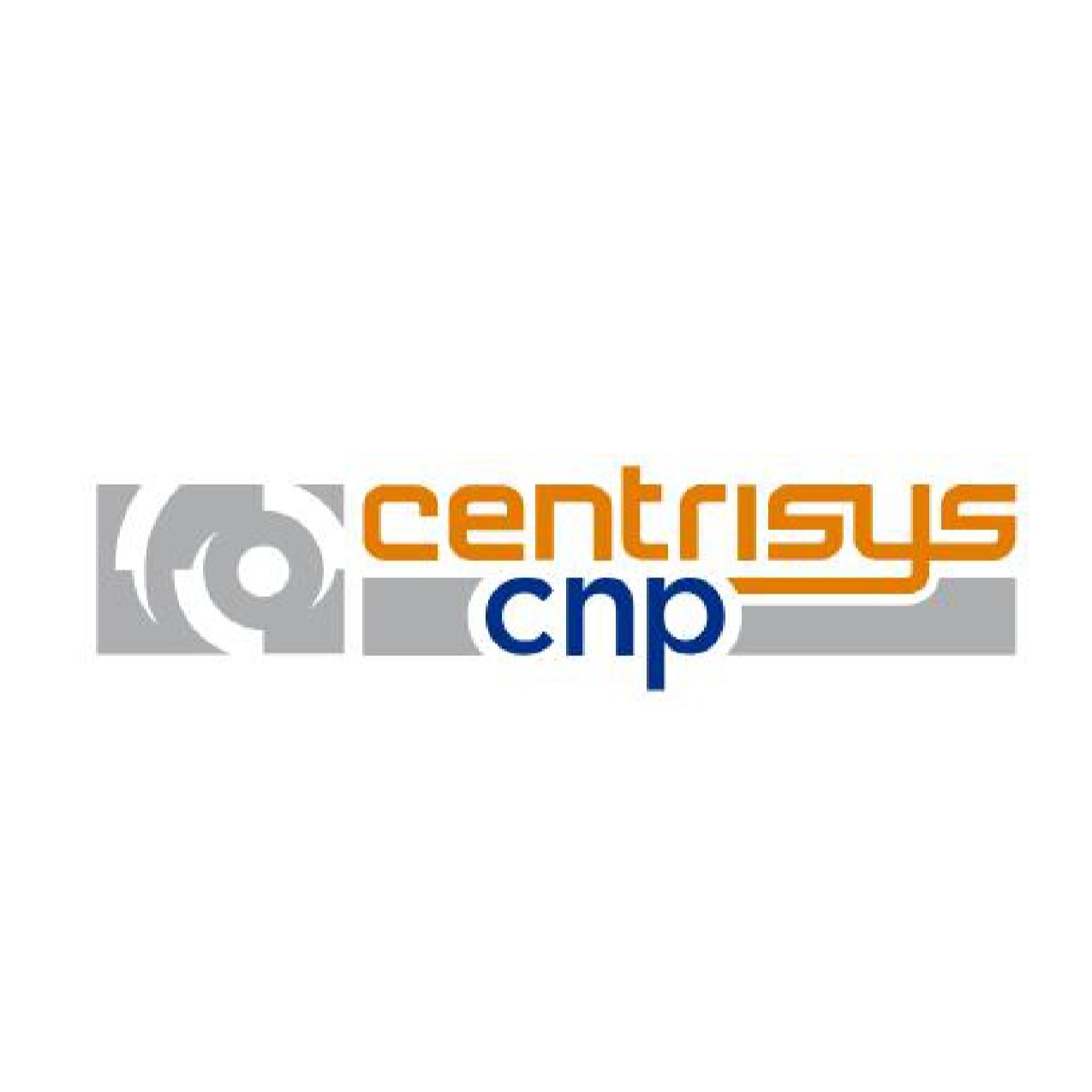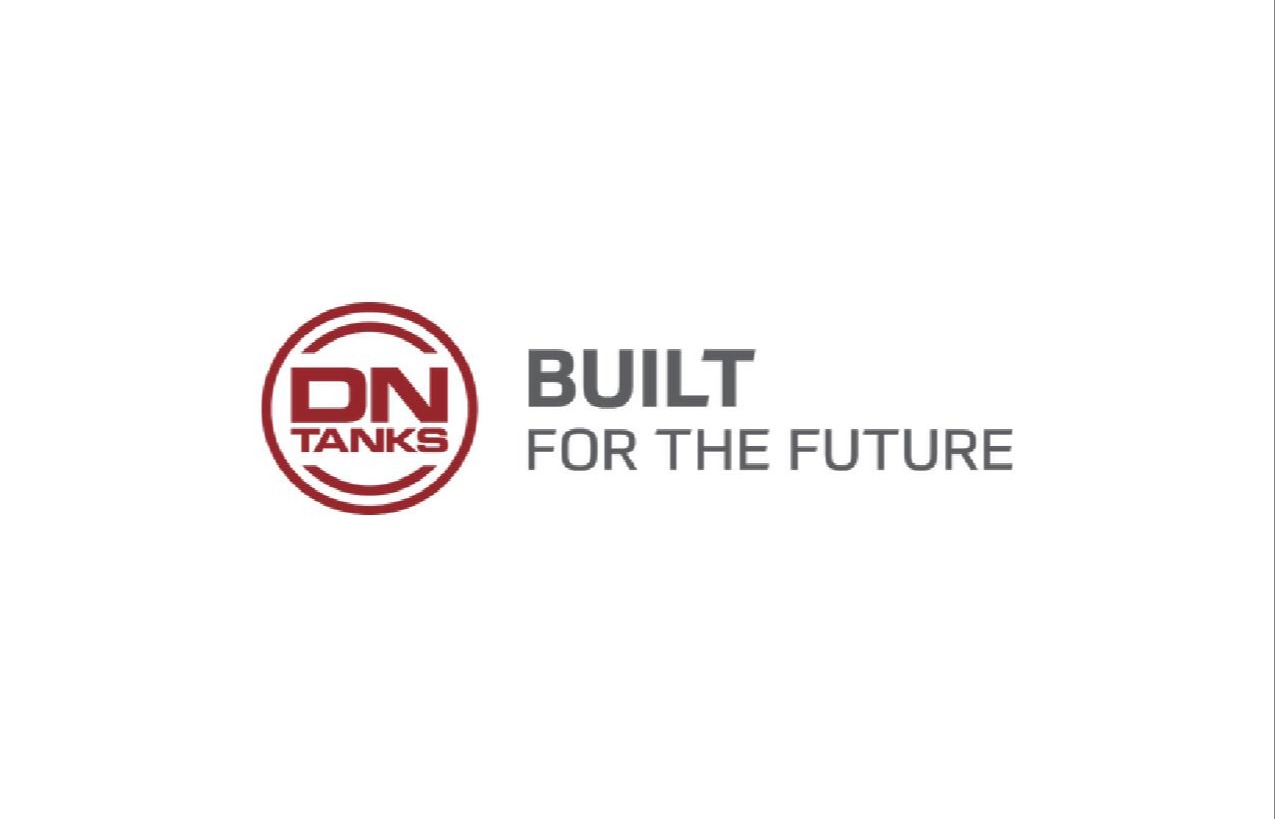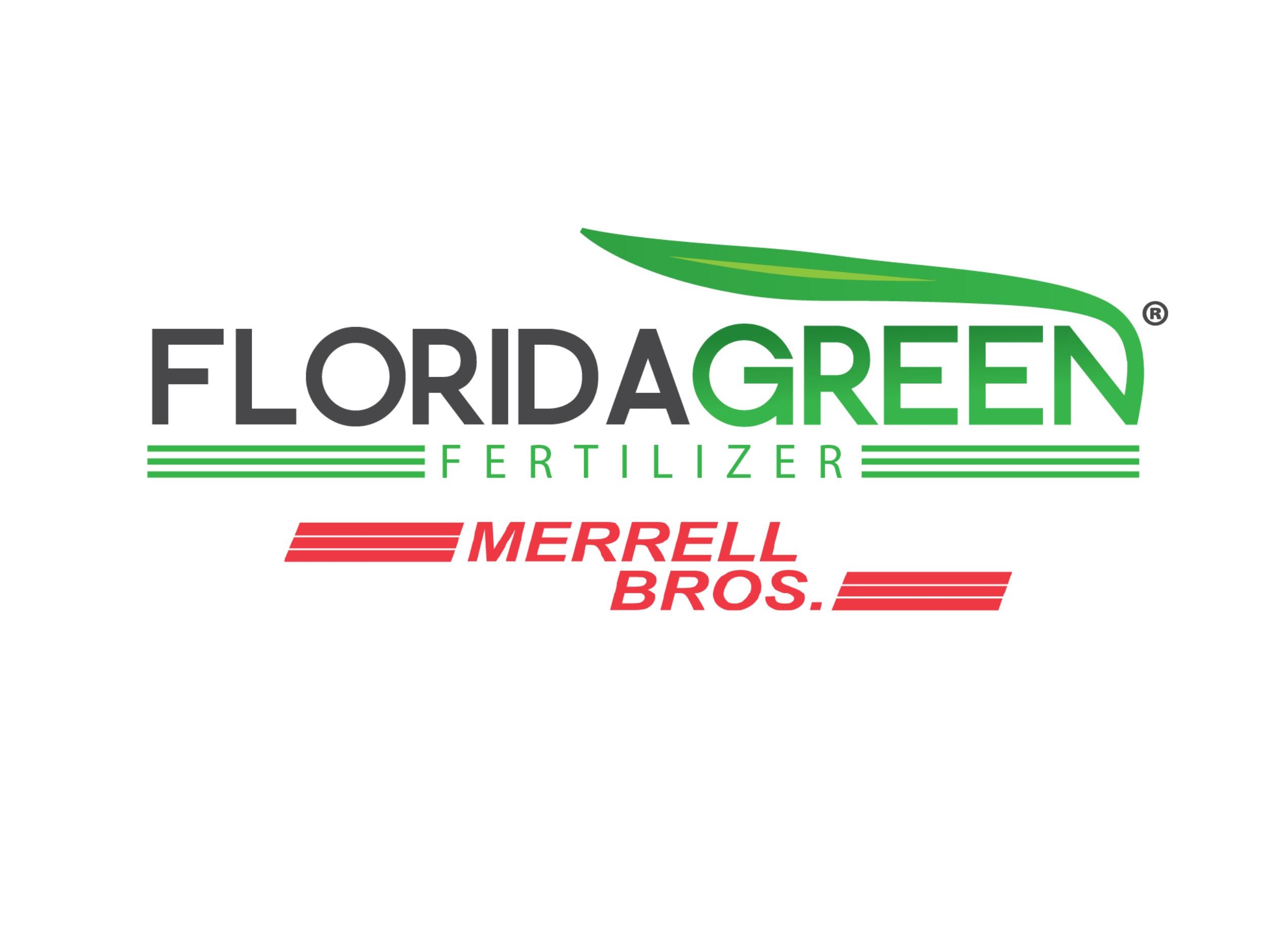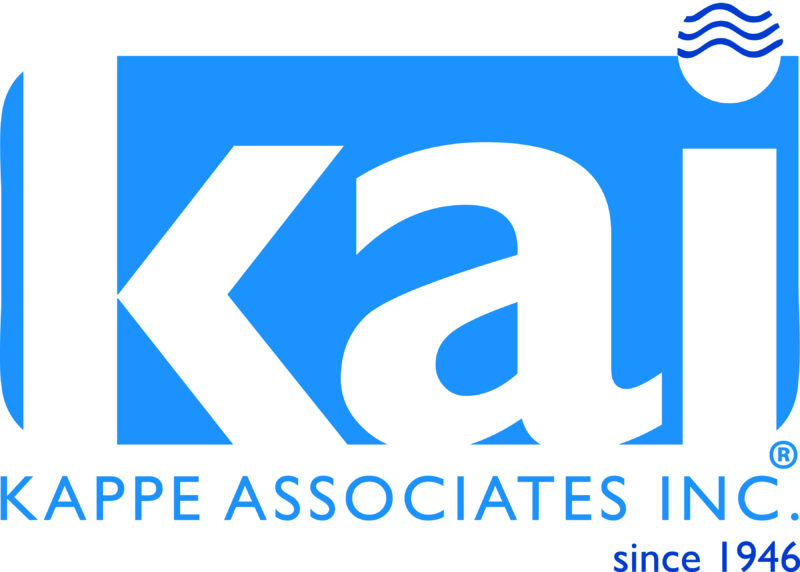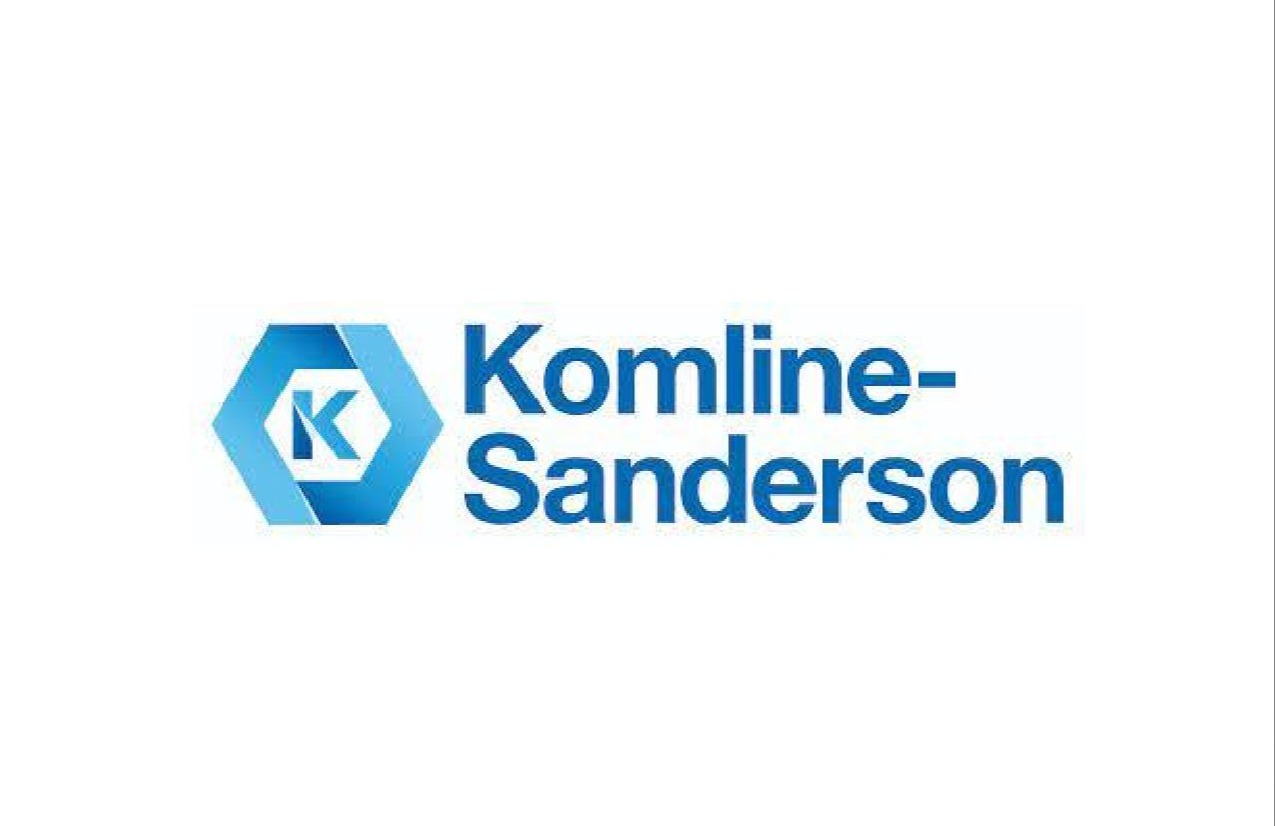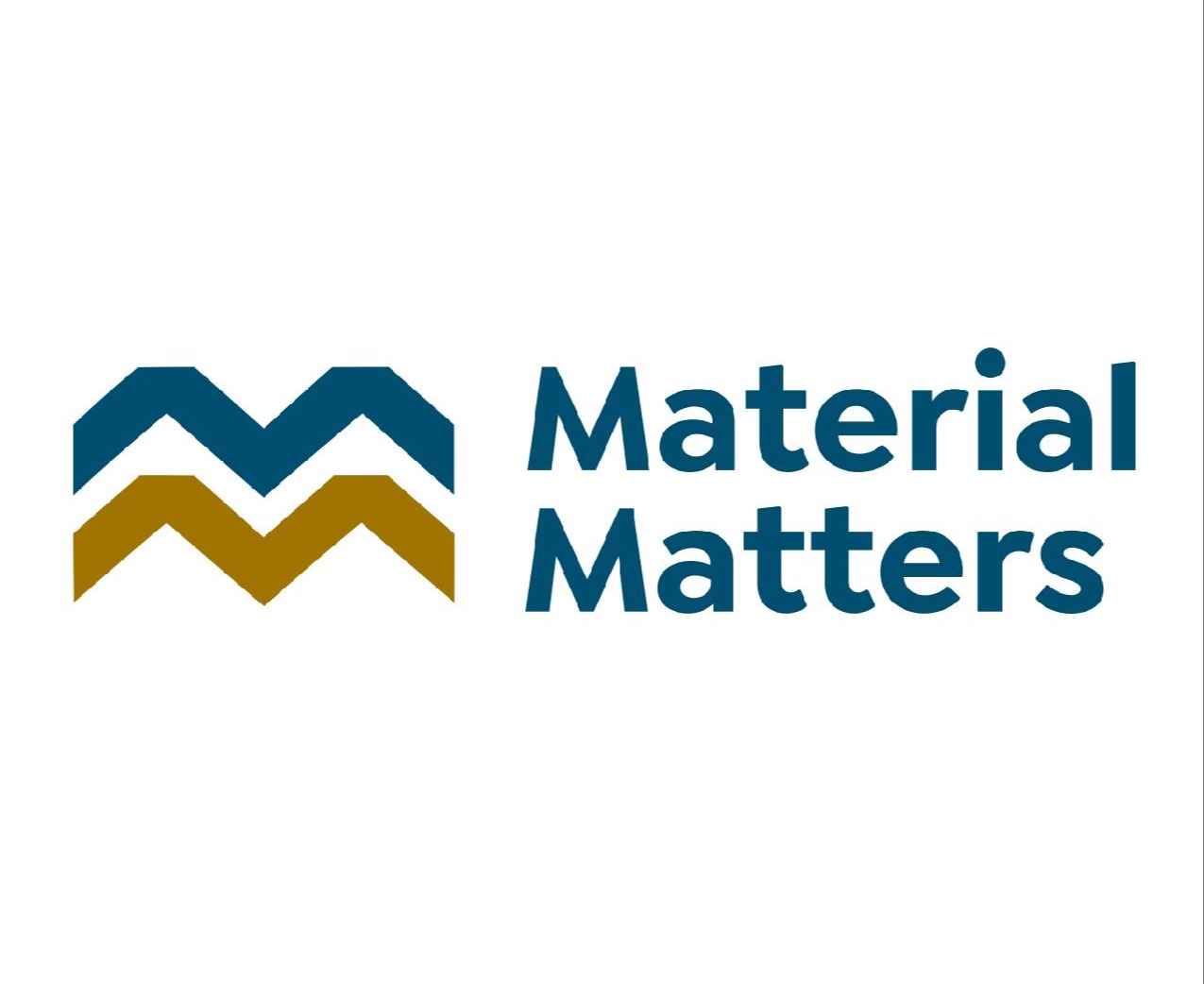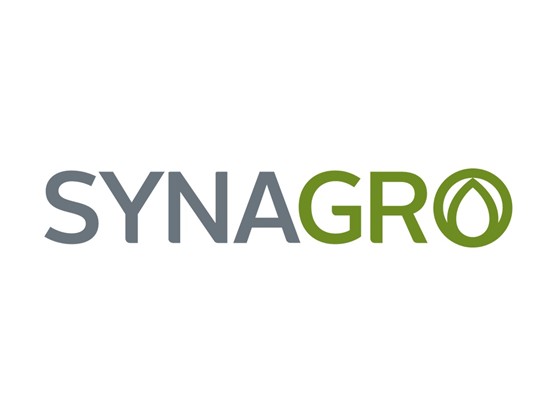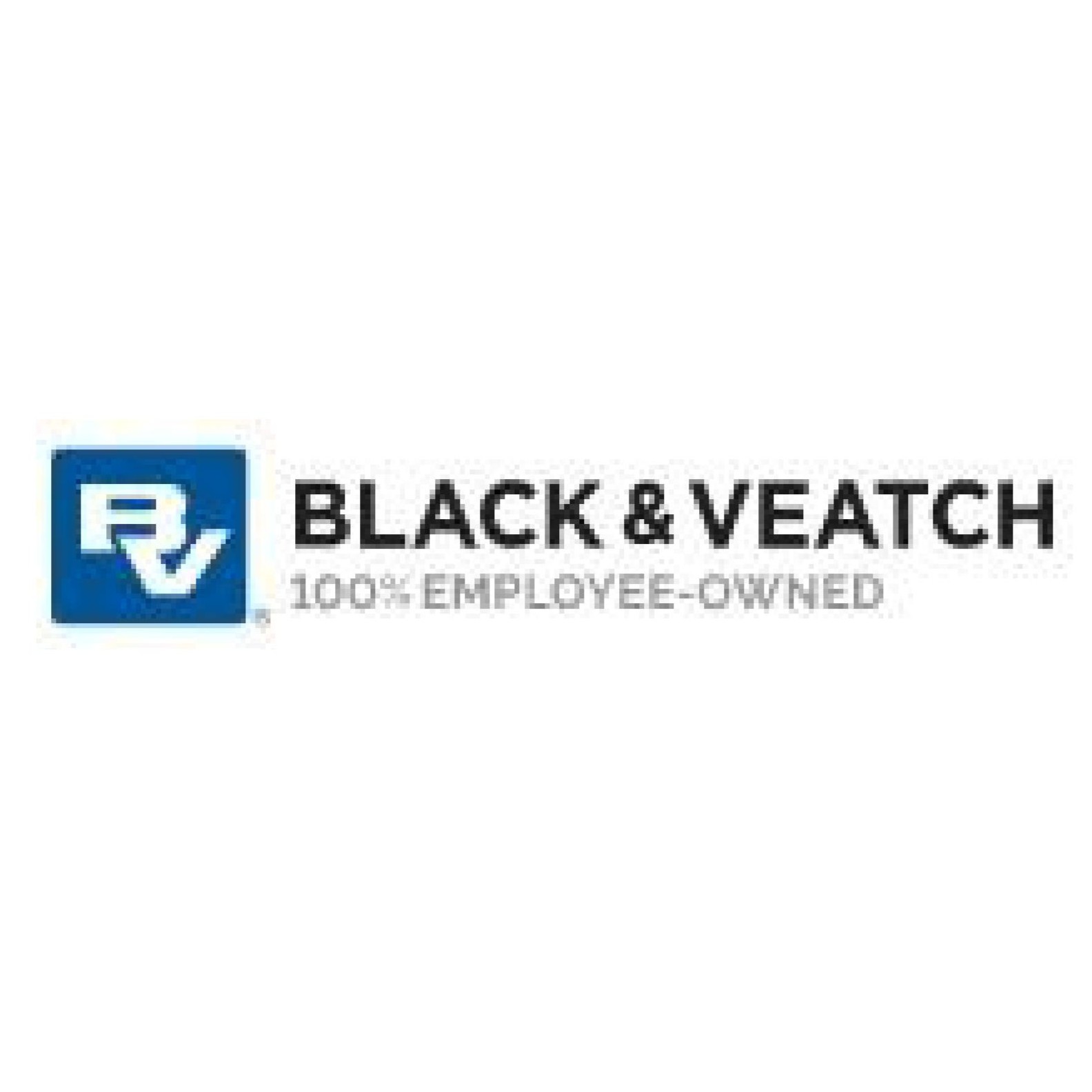|
MABA January Webinar
Tuesday, January 18, 2022, 12:00 PM - 1:30 PM EDT
Category: Webinar

MABA January Webinar: Biosolids and COP26: Responding to Climate Change
Global governments have come together to chart a path to reducing reliance on fossil fuels and to reduce emissions of climate-changing gases. Water resource recovery facilities are the single largest investment municipalities across the US have made in environmental infrastructure, so it stands to reason the public ought to expect that every facility will be managed today and in the future in consonance with the urgent global commitment. No longer should effluent criteria be the singular objective, but instead an optimized management plan that is a “race to zero” net energy usage and that is a “decarbonization” of the economy. This webinar explores the connection between choices of biosolids programs and the COP26 commitments.
COST:
Member: $20
Nonmember: $35
Moderator: Nicholas Bonkoski, Suez
Presentation 1: Soil Sequestration of Biosolids Carbon – What Have We Learned?
Mike Badzmierowski, Oregon Department of Agriculture
A debate is underway in soil science of the extent to which soil can be counted upon to be a sink for carbon as the world’s climate and peoples respond to the enormous releases of greenhouse gases. Organic matter is broadly understood to be a food source for microbial actions that release nutrients for crop growth, but that role does not neatly align with goals for sequestration carbon. Mike will be reporting on a meta-analysis, funded by the Virginia Biosolids Council, and part of his doctoral dissertation, that examines the science of the carbon cycle in soils amended with organic residuals.
Presentation 2: Biosolids Emissions Assessment Model: The BEAM 2.0 Update
Bill Brower, Brown and Caldwell
The BEAM model calculator was created as a decision tool for displaying the comparative “carbon footprint” effects of choices in biosolids treatment technologies and utilization programs. This model is being updated to bring it closer to the kinds of protocols for estimation of carbon emission reductions that would allow biosolids use to be certified for carbon offsets in a globally-recognized structure for guiding investments in climate-positive development. NEBRA has taken on the challenge of delivering BEAM 2.0 that brings the best of current science of the chemistry biosolids carbon so that public agencies and their consultants can be confident in their decision results.
Presentation 3: Survey of Nature-Based Carbon Actions in the MABA Region
Bill Toffey, Effluential Synergies
Biosolids can be a tool for communities to take local action to “decarbonize” through incorporating biosolids into degraded lands, anaerobically digesting food waste, and replacing fossil fertilizers with the recycled nutrients of biosolids. How do the seven states in the MABA region accommodate these kinds of projects in plans to respond to the goals of COP26 in Glasgow, Scotland?
|

 Prev Month
Prev Month View Month
View Month Search
Search Go to Month
Go to Month Next Month
Next Month
 Export Event
Export Event 